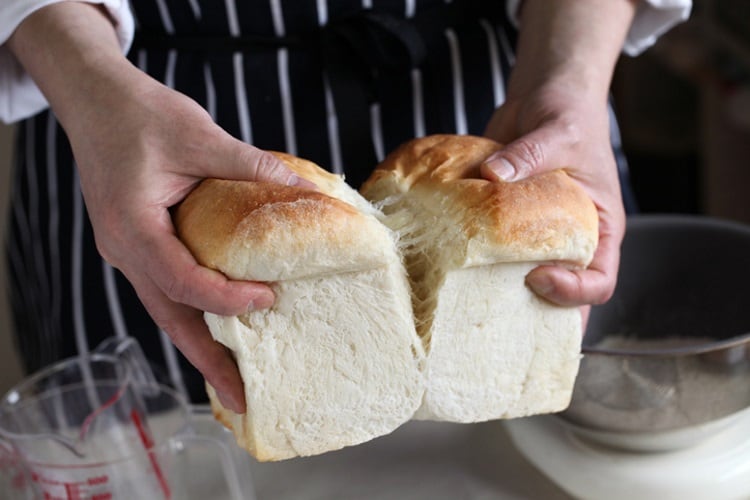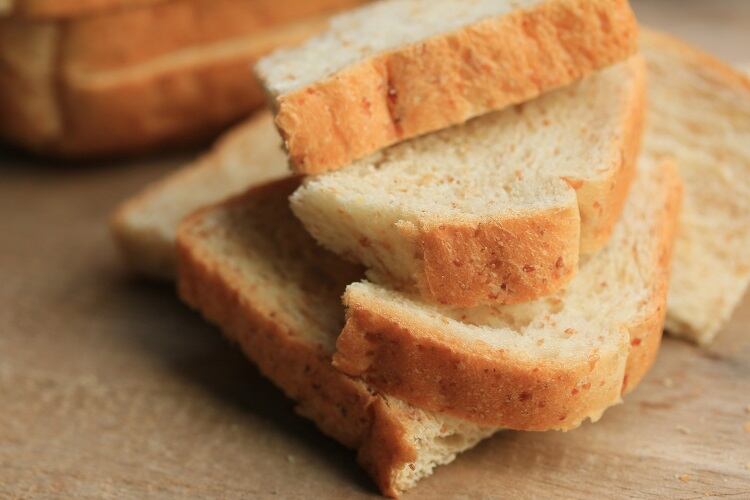
There’s no straightforward answer as to what a ‘clean label’ on a food product entails and no easy way for manufacturers to meet this demand.
Consumers and retailers typically determine what ‘clean’ means as there’s no scientific or regulatory definition available, but understandings vary from region to region and country to country.
With label transparency gaining traction – not to mention the power of social media driving easier access to info – consumer preferences rapidly change, and food manufacturers are struggling to keep up.
Producers know consumers are looking for more natural, less processed foods with more familiar ingredients and overall shorter ingredient labels. But without a clear definition of clean label, how do the companies deliver this?
The first step is to recognise – in broad strokes – what consumers are looking for when it comes to ‘clean label’.
Should the food be sustainable? Should it be free from modified or artificial ingredients? Does ‘clean’ mean the product must contain only ingredients they trust or recognise, or that the food is less processed?
Consumers, especially millennials, around the world increasingly want to truly understand ingredients to avoid any potential negative health effects and improve their comfort level with the food. They are also more concerned with the harmful human impacts on the environment, so are looking for to lower their carbon footprint by also examining what they ingest.
Thankfully, improved food technologies are enabling this trend, providing some of the same functionalities for foods made from more natural ingredients and less carbon-intensive production processes.
Going ‘clean’
On the baking scene, bakeries and improver houses constantly face the challenge of having to adapt their recipes to include effective clean alternatives to traditional dough strengthening solutions.
But, while many can adjust to this demand, essentially it comes down to being able to go ‘clean’ without incurring additional costs or sacrificing quality. Retailers seldomly accept a higher cost for a premium product that meets the accepted clean label standard, and consumers won’t accept a product with inferior taste and quality.
The good news: Enzymes have tremendous power to help the baking industry in their hunt for the best clean label solution. They are an alternative to traditional solutions that use ingredients that do not meet the clean label standard, while providing the same functionality at a sustainable and cost-efficient level.
This is where DuPont Nutrition & Biosciences comes in, as the focus of much of our work is on enzymes. The company also has a deep understand of baking and formulations, along with a broad baking product portfolio.
Our insights into the market and consumer needs will help bakers understand what the clean label challenge looks like, how regulations differ from country to country and how to address their particular challenges.
And, because we manufacture most of the ingredients we sell, we can promise a reliable supply chain and quality products, as well as direct and fast access to product information.
For the European market
We recently launched our POWERBake 6000 and 7000 enzyme series to provide an alternative to traditional strengthening solutions, especially developed for European recipes.
It is a unique emulsification solution that preserves the taste and quality of white breads and buns, while meeting demand for cleaner labels.
The enzymes even show an improvement on volume (by 5%-15%) and initial softness (by 10%-25%), with zero compromise on crumb structure or shock tolerance.
With the series, European bakeries and improver houses can confidently create a premium product that meets any and all stringent clean label standards.
Despite the absence of global clarity on what ‘clean’ really means, DuPont continues to create innovative solutions to help manufacturers achieve cleaner label products that will satisfy the demands of both retailers and consumers alike.



